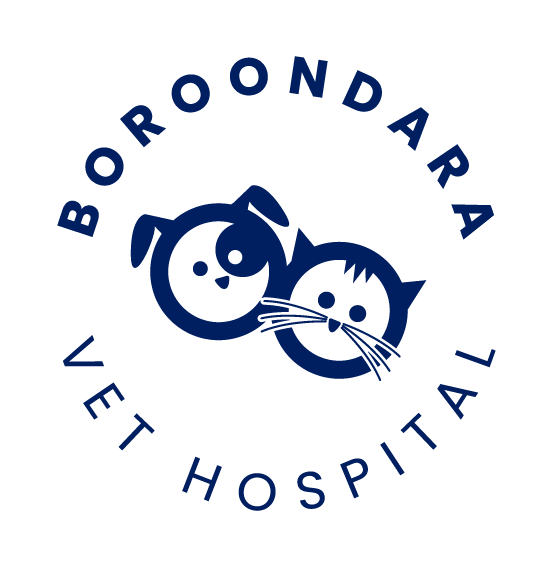Library
-
Cherry eye is the popular, and very apt, name given to a condition that can affect the third eyelids of many breeds of young dogs.
-
Chlorphenamine (also called Chlorpheniramine) is an antihistamine. Antihistamines are used to relieve or prevent the symptoms of allergy.
-
Chocolate contains an alkaloid called Theobromine. This drug is used as a diuretic, heart stimulant, vasodilator, and also smooth muscle relaxant but it can be poisonous in excess and some dogs appear to be particularly sensitive.
-
Choline is indicated as part of the therapy for dogs and cats with seizures or epilepsy. Choline appears to be effective in treating small animal cognitive dysfunction which manifests as senile behaviour.
-
Chondroitin sulfate is the major glycosaminoglycan found in cartilage. Any pet with degenerative joint disease and arthritis can benefit from treatment with chondroitin.
-
Chondroprotective agents provide substances that are needed for the repair and maintenance of cartilage and synovial fluid (the lubricant in joints). They also inhibit substances that break down cartilage.
-
There are many different diseases that can affect the kidneys in the cat. Chronic renal failure (CRF) is the end point of a number of different disease processes. Signs can be non-specific and diffucult to distinguish from general signs of ageing. Treatments will vary with each specific disease and situation.
-
By definition, kidney failure is the inability of the kidneys to remove waste products from the blood.
-
Chronic upper respiratory tract (URT) disease is a relatively common problem in cats, and can have many causes. The most common form is termed chronic post viral or idiopathic rhinitis.
-
Ciclosporin (also called Cyclosporin) is an immunosuppressive agent. It is used to reduce the body's natural immunity.

